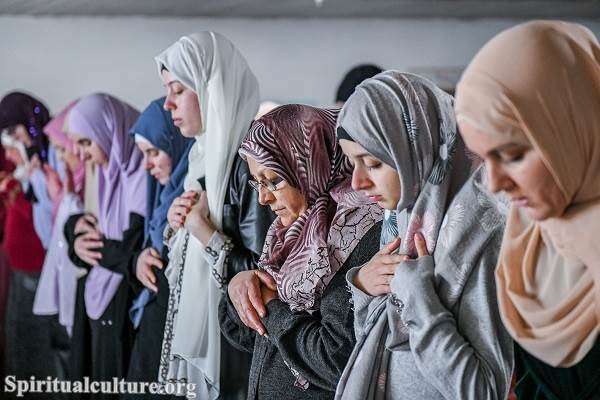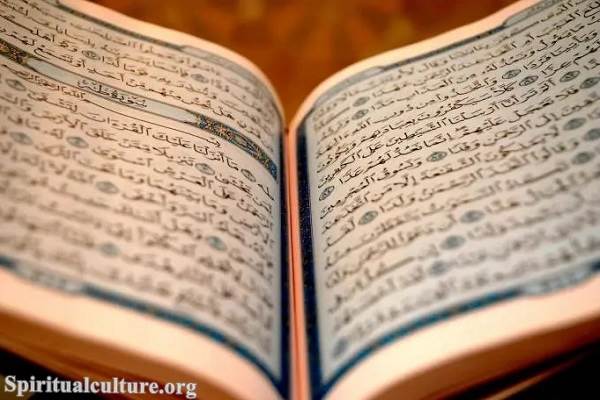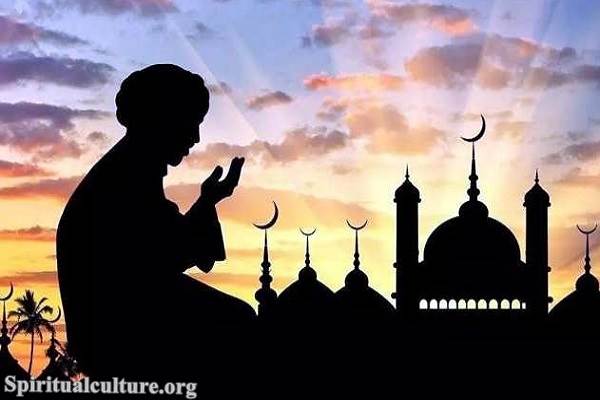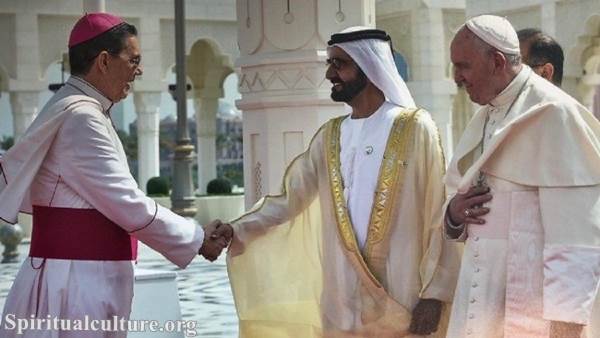In every faith, there are rhythms that shape the lives of believers — moments set apart from ordinary time to reconnect with the Divine. In Islam, Friday, known as Jumu’ah, stands as the spiritual pinnacle of the week, a day imbued with profound meaning and deep communal significance.
As “Spiritual Culture,” we invite you to pause and step into the sacred atmosphere of this day. This article will explore why Friday holds such a central place in Muslim life, what Jumu’ah prayer signifies spiritually and socially, and how its observance shapes the soul and community. Whether you are a seeker, a believer, or simply curious, understanding Jumu’ah opens a window into the heartbeat of Muslim devotion.
The Divine Call: Why Friday Is Special
Friday in the Qur’an and Sunnah
Unlike the Western concept of the “weekend,” Friday in Islam is not merely a day of rest — it is a day of divine appointment. The Qur’an specifically mentions Jumu’ah in Surah Al-Jumu’ah (62:9):
“O you who believe! When the call is proclaimed for the prayer on the day of Jumu’ah (Friday), hasten to the remembrance of Allah and leave off trade. That is better for you, if you but knew.”
This verse establishes Jumu’ah as a collective call to pause worldly affairs and turn fully towards God. In the hadith, Prophet Muhammad (peace be upon him) emphasized its importance, saying:
“The best day on which the sun has risen is Friday; on it Adam was created, on it he was made to enter Paradise, on it he was expelled from it, and the Last Hour will take place on no other day than Friday.” (Sahih Muslim)
Friday thus connects humanity’s beginning, fall, and final return — a cosmic echo calling every believer to remembrance and renewal.
A Day of Spiritual Rebirth
Friday is seen as an opportunity for spiritual cleansing and a fresh start. Muslims are encouraged to perform ghusl (ritual washing), wear clean clothes, apply perfume, and prepare themselves physically and spiritually. These acts symbolize washing away the past week’s burdens and approaching Allah with renewed purity and humility.
The Heart of Jumu’ah: The Congregational Prayer
The Unique Nature of Jumu’ah Prayer
Unlike the regular noon prayer (Dhuhr), Jumu’ah prayer is shorter and includes a sermon (khutbah) delivered before the prayer. It is obligatory for Muslim men who are able to attend, and it is strongly recommended for women though not obligatory.
The khutbah is a time for communal guidance — addressing moral, spiritual, and social issues relevant to the community. This merging of worship and education embodies Islam’s holistic approach to life.
Unity in Prostration
In the mosque, worshippers stand shoulder to shoulder, regardless of status, wealth, or ethnicity. This physical closeness symbolizes the deep unity of the ummah (Muslim community). Jumu’ah erases worldly hierarchies, reminding all that before God, every soul is equal.
Beyond the Mosque Walls
The spirit of Jumu’ah extends beyond ritual prayer. It is a day for family gatherings, acts of charity, visiting the sick, and strengthening social bonds. Thus, Friday is not only a day of personal worship but also a time to nurture community ties and live out faith in action.
A Day of Blessings and Opportunities
Seeking Forgiveness and Mercy
Prophet Muhammad (peace be upon him) taught that on Friday there is an hour during which any supplication a Muslim makes is granted. While the exact hour is unknown, many scholars believe it occurs in the last part of the day before sunset. This encourages Muslims to spend extra time in prayer, reflection, and supplication.
Recitation of Surah Al-Kahf
Reading Surah Al-Kahf (Chapter 18 of the Qur’an) on Friday is a recommended sunnah. The Prophet said:
“Whoever reads Surah Al-Kahf on the day of Jumu’ah will have a light that will shine from him from one Friday to the next.” (Al-Jaami)
This light is understood both metaphorically — as spiritual guidance and clarity — and literally, as a divine reward illuminating the believer’s path.
Increased Rewards
Acts of worship and good deeds performed on Friday are believed to carry multiplied rewards. This belief inspires extra charity, remembrance of Allah (dhikr), and acts of kindness throughout the day.
Jumu’ah as a Weekly Eid
A Weekly Celebration
Friday is described in Islamic tradition as a “weekly Eid” — a day of joy, gathering, and spiritual festivity. While it does not involve feasting in the same way as Eid al-Fitr or Eid al-Adha, it carries a celebratory essence marked by communal prayer and a shared meal afterwards.
A Sign of Belonging
Participating in Jumu’ah connects Muslims to a global rhythm. Around the world, from the bustling mosques of Jakarta to the humble prayer rooms in remote African villages, the same call to prayer echoes. This universal synchronicity reinforces a sense of belonging to a worldwide family of faith.
Connecting Jumu’ah to Everyday Life
Living with Intention
The lessons from the khutbah and the spiritual renewal of Friday are meant to shape the rest of the week. A Muslim who attends Jumu’ah is reminded to carry forward a spirit of patience, gratitude, and ethical conduct in daily life.
The Social Dimension
Jumu’ah helps prevent social isolation. In modern life, people often become disconnected even from their own neighbors. The weekly gathering fosters regular social contact, strengthens friendships, and provides support networks, reflecting Islam’s emphasis on community well-being.
A Day of Reflection and Reset
Friday offers a natural point to evaluate one’s spiritual state, realign priorities, and set intentions for the coming week. It is a time to ask: Am I living in accordance with my values? Have I neglected my connection with Allah or with others?
Scriptural and Historical Resonance
Continuity with Abrahamic Traditions
In Jewish tradition, Saturday (Sabbath) is the sacred day, and in Christianity, Sunday. Islam’s choice of Friday reflects a continuation and a distinct culmination of the Abrahamic legacy, highlighting its place in the larger tapestry of monotheistic faiths.
Historical Roots
Early Muslims in Medina established Jumu’ah as a central communal event, helping solidify the fledgling Muslim community. Over time, it became a vital institution — a place not just of worship but of social governance and communal decision-making.
What This Means for You
Reflect and Reimagine
Friday (Jumu’ah) is more than just a day off or a weekly routine. It is a sacred invitation to step out of the ordinary, to remember who we are, and to reconnect with the Divine and with each other.
If you are Muslim, Jumu’ah is your spiritual anchor — a weekly chance to reset your soul and renew your connection with Allah. If you are not Muslim, understanding Jumu’ah offers a glimpse into the deep spiritual currents that sustain millions around the world.
As “Spiritual Culture,” we invite you to see Friday not merely as a day on the calendar, but as a mirror reflecting the deepest human longing for connection, renewal, and divine love. May each Friday inspire you to live more intentionally, to embrace community, and to seek the sacred heartbeat that pulses beneath all of life.




